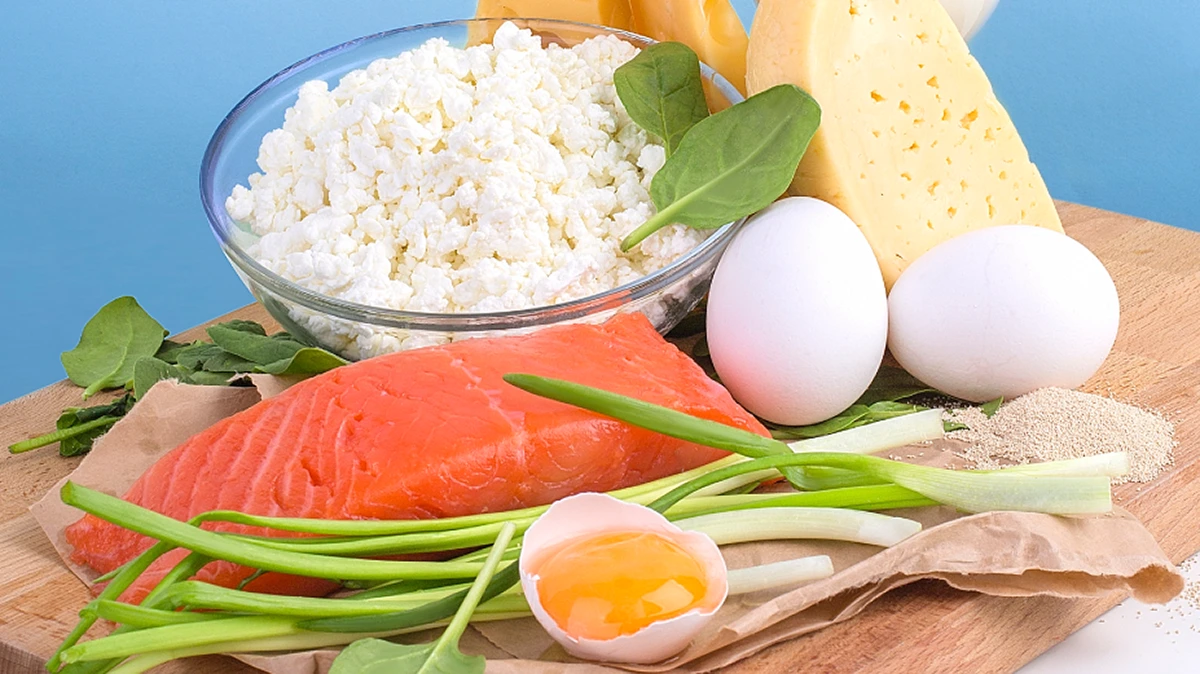After bariatric surgery, it is important to eat sufficient protein every day to speed wound healing, preserve your lean body mass, enhance your fat-burning metabolism and minimize hair loss. Here are some suggestions to increase your protein intake, without adding a lot of fat to your diet:
- Add chopped or puréed cooked meats to vegetables, soups or casseroles.
- Blend peanut butter into a yogurt smoothie.
- Add hard-boiled egg to salads or sandwiches.
- Spoon vanilla yogurt over fresh or canned fruit.
- Make a fruit plate with cottage cheese.
- Blend cottage cheese with a little bit of lemon juice and seasonings for a vegetable dip.
- Add powdered milk to soups, hot cereal, sugar-free cocoa or sugar-free pudding.
- Use cottage cheese to stuff pasta shells.
Some of the best sources of protein include:
- Lean meats, including chicken, fish, lean beef, lean pork: 1 ounce = 7 g
- Egg: 1 medium = 7 g
- Egg whites: 2 tablespoons = 9 g
- Egg substitute: ¼ cup = 6 g
- Low-fat cottage cheese: ½ cup = 13 g
- Skim milk or 1 percent milk: 1 cup = 8 g
- Non-fat milk powder: 1 tablespoon = 2.5 g
- Low-fat yogurt: 1 cup = 8 - 12 g
- Reduced-fat cheese: 1 ounce = 6 g
- Fat-free refried beans: ½ cup cooked = 8 g
- Other beans: black, pinto, white, garbanzo (chick peas), black-eyed peas, kidney: ½ cup cooked = 7.5 g
- Peanut butter: 2 tablespoons = 8.5 g
- Lima beans: ½ cup = 5.0 g
- Nuts: ¼ cup (1 ounce) = 4.5 g
Although it is important to maintain a good amount of protein in your diet, remember the key to successful weight management is having a balanced diet and portion control.
